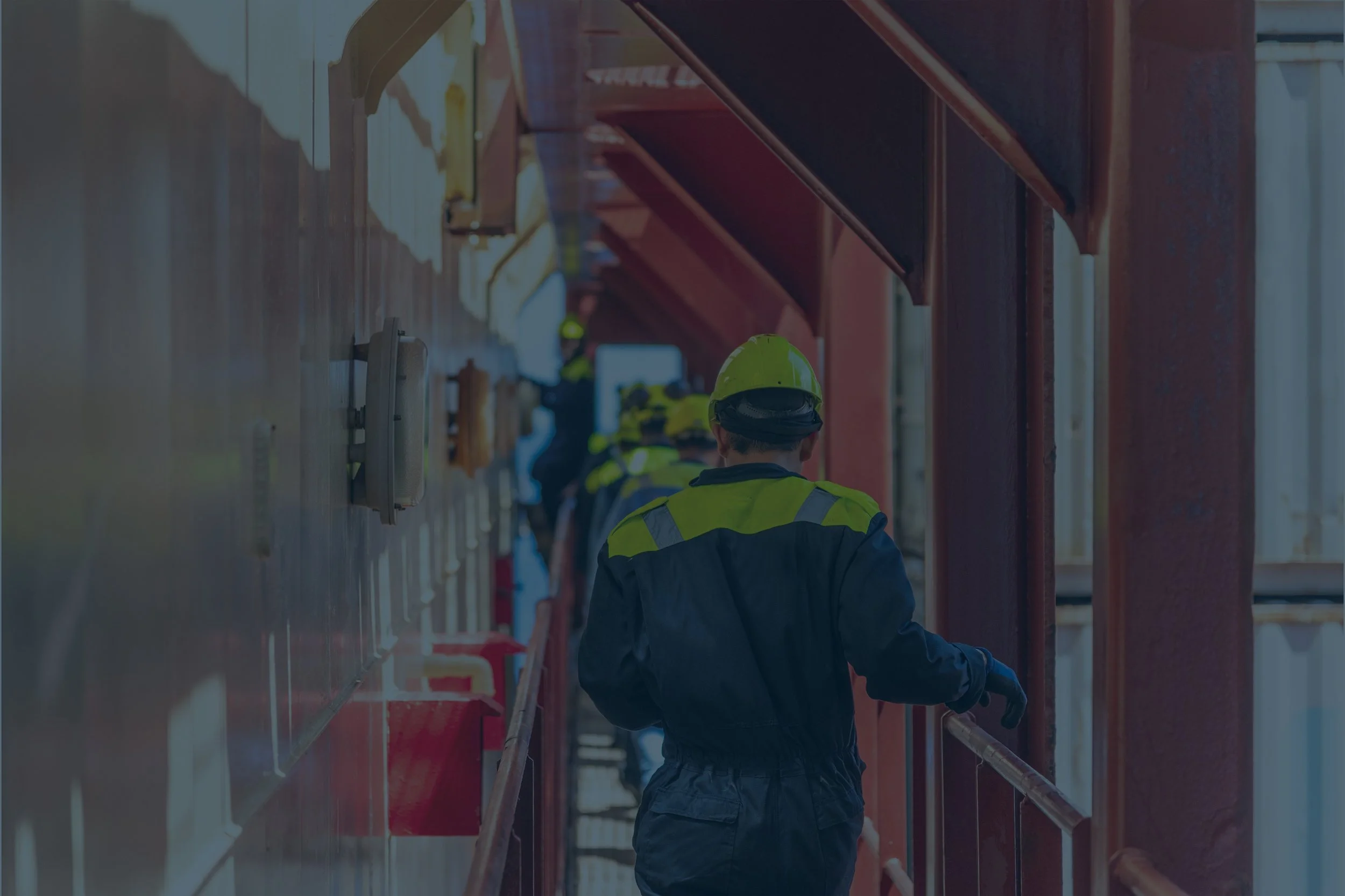
Safety at sea
Safety is at the heart of global shipping. The World Shipping Council works to protect the seafarers who keep trade moving, safeguard the cargo they carry, and prevent harm to ships and the environment. Through initiatives like the WSC Cargo Safety Program, safety standards, and transparent industry reporting, we promote practical, data-driven measures that reduce risks and strengthen safety in the maritime supply chain.
-
Being a seafarer is quite different from an ordinary job on land. Seafarers are usually on board for several months, and then have several weeks or months off before mustering on again. As part of their job, crews are exposed to extremes of weather, operational hazards and dangerous cargoes.
-
The World Shipping Council’s Cargo Safety Program (CSP) is a first-of-its-kind, industry-wide initiative to improve cargo safety. By using shared digital screening to detect misdeclared dangerous goods and applying common inspection standards, the program creates an industry safety net that reduces risk for seafarers, ships, cargo, and the environment.
-
In 2024, approximately 576 containers were lost at sea, out of the over 250 million containers transported. The liner industry is taking proactive measures to prevent incidents and enhance cargo safety. Every container overboard is one too many.
-
We work with international bodies to develop effective safety regulations, and contribute to best practice guidelines such as the CTU Code Quick Guide and Checklist.
